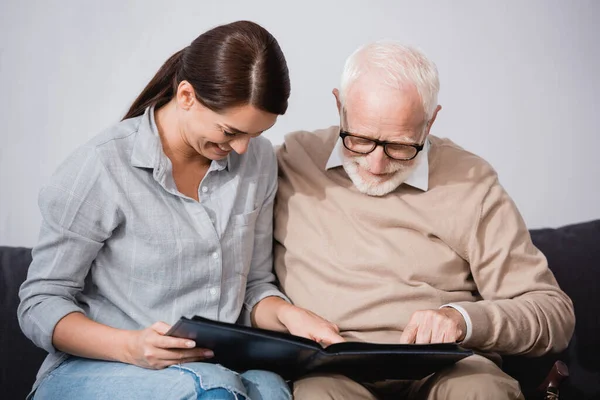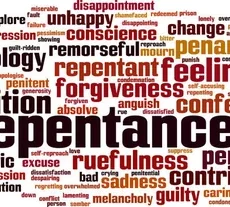Memories need to be shared.” “No matter how much suffering you went through, you never wanted to let go of those memories.” “The past beats inside me like a second heart.” “Humans, not places, make memories.”
Why do we remember those people or live in their memories, whom we can’t meet?
It is human nature to create memories and live in them which makes them feel either sad or happy. But we all love our memories and want to recall those incidents at any given time. We love to talk about them among our friends, relatives, peers, siblings, and near and dear ones. The not only narrator, but even the listener also cherish those memories, there are so many lessons to be learned.

There is no specific gateway to memories, they enter from anywhere in our heads. Even the tiniest incident gets registered as a memory, which is difficult to erase sometime. Do you feel burdened by such memories, do they choke you sometimes, do they elate you sometimes, do they bring dejection or happiness? Many times, it depends on you, whom you want to remember that person or an incident.
These memories create either positive or negative memories in our mind’s universe.
Let’s talk about nice things first…good memories…
…How do they make you feel?
Research has revealed that by savouring our positive memories, we can increase positive emotions. It also can reduce anxiety by reducing the way we attend to and experience threats, and it can ease the symptoms of depression by letting the world be seen less through a more optimistic, happier filter.
Talking about past events can increase positive mood and behaviour. Supporting these memories with stories, photographs, music, movies, television episodes, souvenirs or other mementoes can help.
We all have bad memories and embarrassing moments we’d prefer to forget. Some are easily left behind.

Other events can stick with you, like heartbreak. Letting go of the past isn’t easy.
We might struggle with traumatic memories in particular. Traumatic memories are intense and seem like they take control of our whole bodies. They can be visual flashbacks that cause us to feel physically ill. These can cause us to experience headaches, profuse sweating, stomach aches, and feel weak. We may also feel the impact of extreme stress after we think we’ve moved past the flashback.
So, while it’s understandable to want to put your energy toward living a happier life, that’s often easier said than done.
But there are benefits when you learn to forget traumatic moments from the past — or remember them with less sharp emotions associated. That’s true too for unpleasant memories of the past that aren’t traumatic — like embarrassing moments from middle school that still occasionally flash in your brain.
You’ll adopt a growth mindset, which enables you to grow and experience all that life offers.
In case, too many negative memories are haunting you too often, you need solace in the company of your near and dear one. Here, relationships can be a great comfort when you’re going through emotional pain because of haunting memories. While just having those connections can feel supportive, the relationships in your life hold even greater healing power when you consciously reflect on them.
By tapping into your good memories of meaningful relationships, you can ground yourself in positive feelings that will help you to cope better with life’s struggles. This way, it is a two-pronged healing process. One, you are reflecting on those memories in the company of someone whom you love, and re-living these memories are healing you internally.
What are the consequences of traumatic memories?

Less serious events, like tripping in front of a crowd of people or a bad grade, can still result in negative feelings and discomfort when we reflect on these moments.
We might feel increased anxiety when walking in front of a group or taking an exam if we have a history of negative outcomes. You might wonder how to forget your past relationship when you meet someone new because you want a clean slate.
In more serious events, we may struggle with trauma. The American Psychological Association defines trauma as an emotional (and potentially physical) response to any terrible event, like an assault or a natural disaster.
After the trauma has occurred, long-term effects that disrupt your quality may be diagnosed as post-traumatic stress disorder (PTSD). PTSD can lead to physical symptoms like migraines or nausea, difficulty sustaining relationships, and more.
Traumatic memories manifest in different ways and can affect any aspect of your life, from your career to your relationships. This can dictate how you live, your choices, and your overall physical well-being or emotional well-being.
What is the relationship between emotions and memories?
There’s a reason why your most vivid memories are the most emotional. You can thank a structure in our brain called the amygdala for this. The amygdala is in charge of emotional regulation and how memories are processed through our brain. Memories that we recall with ease are usually associated with intense emotions — negative or positive.
So Happy Ho, Spread Happiness!





